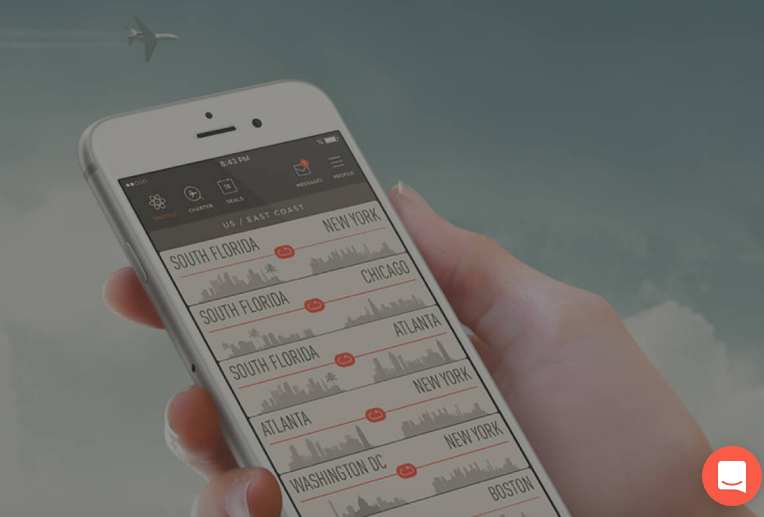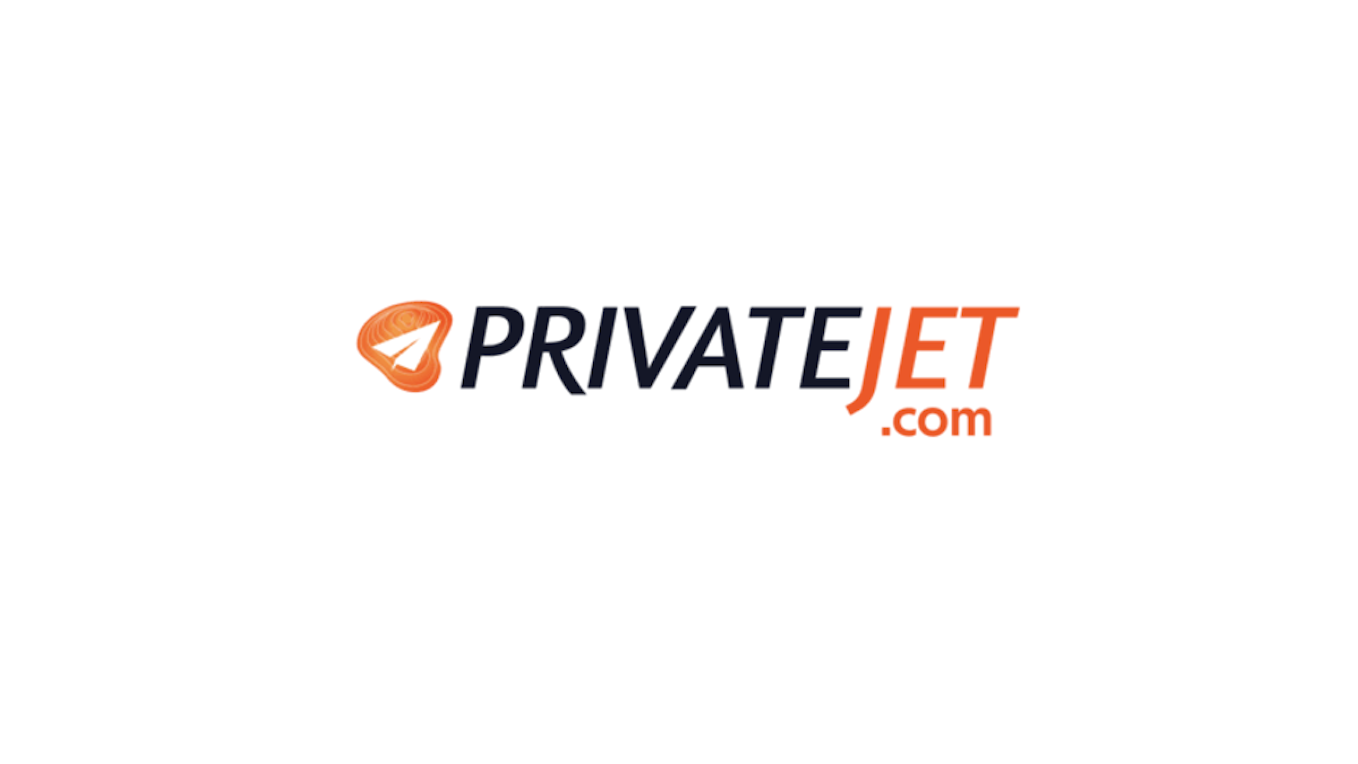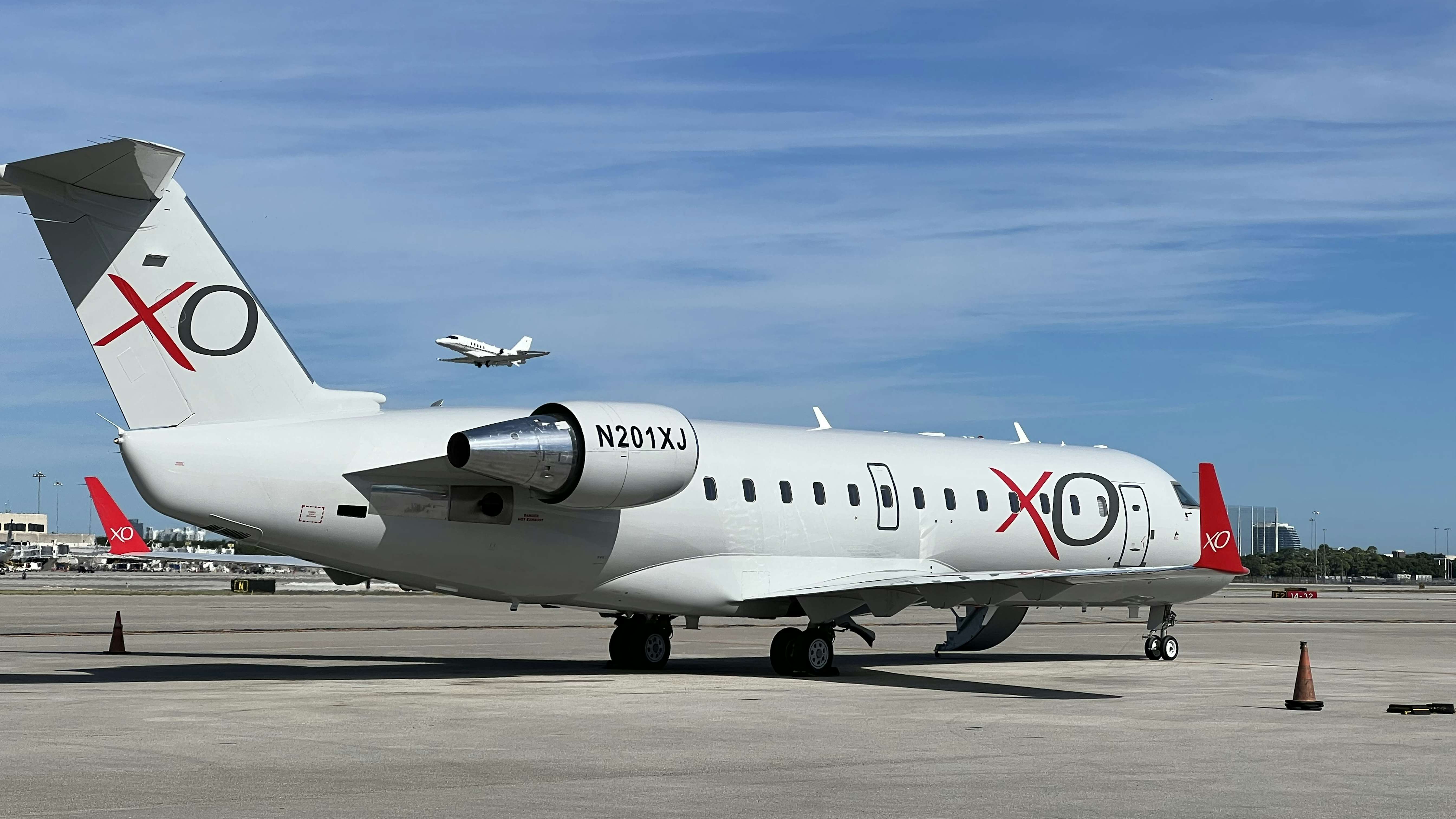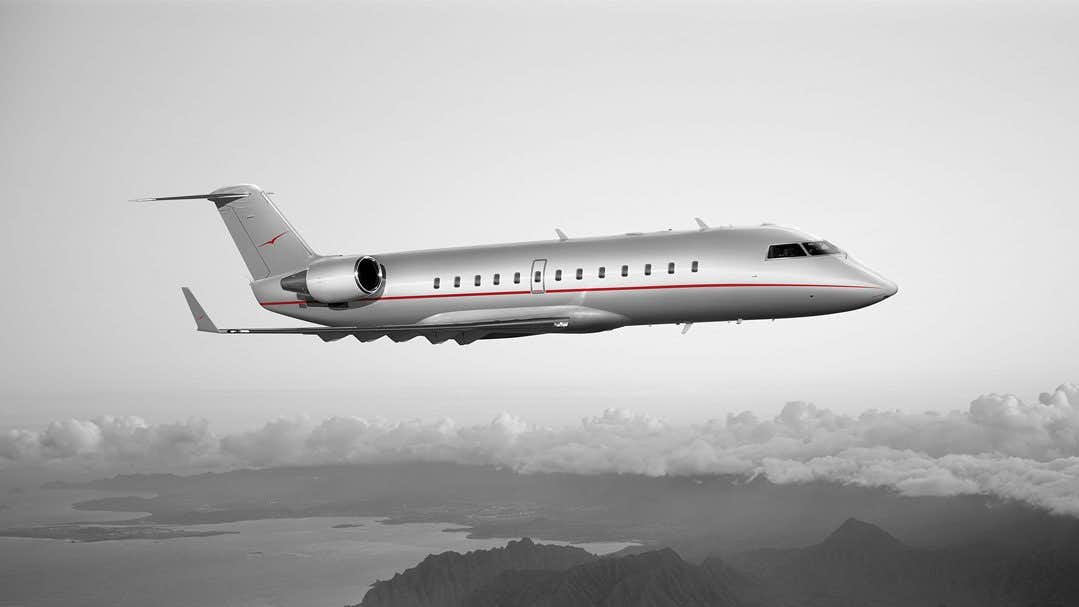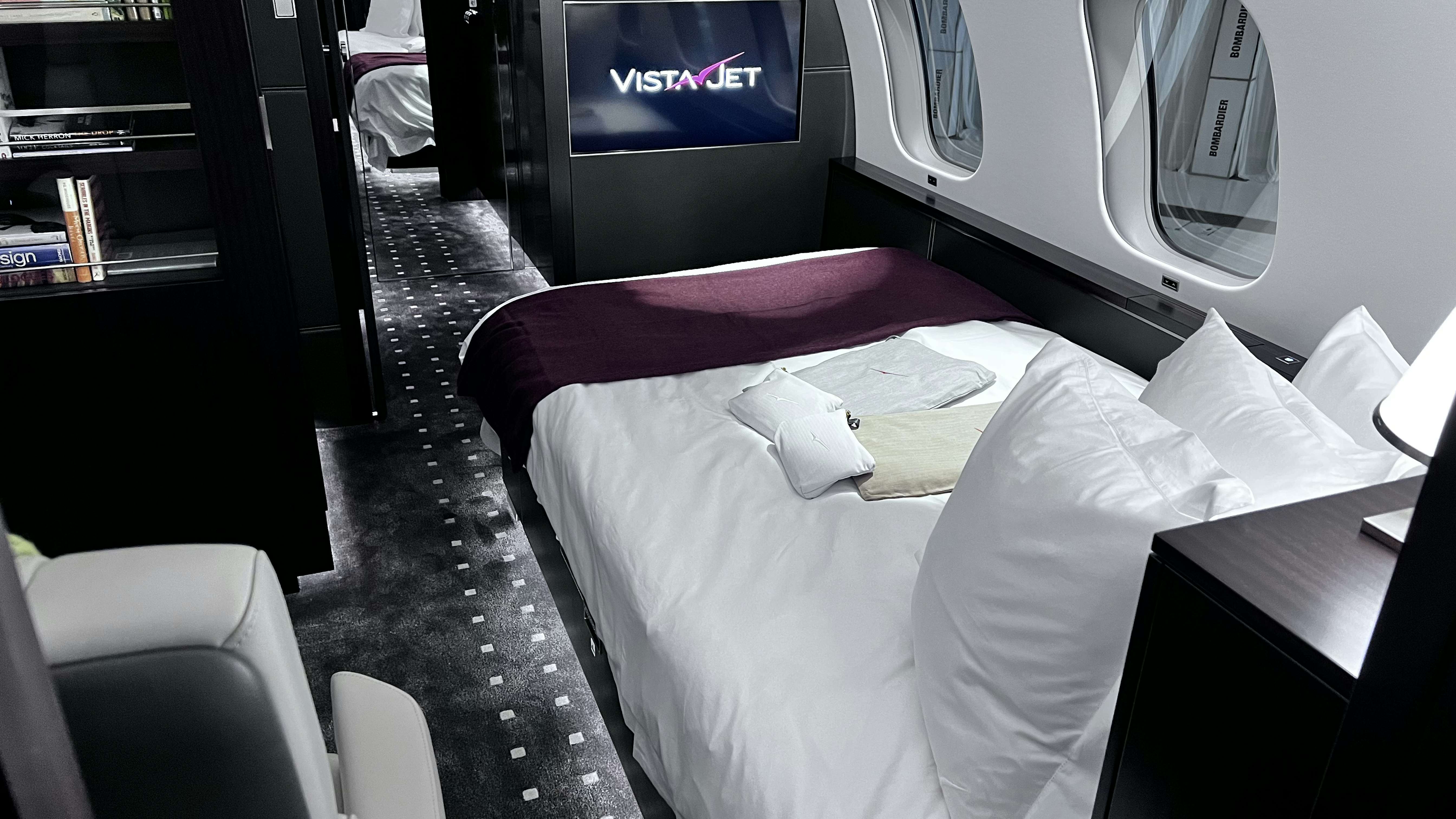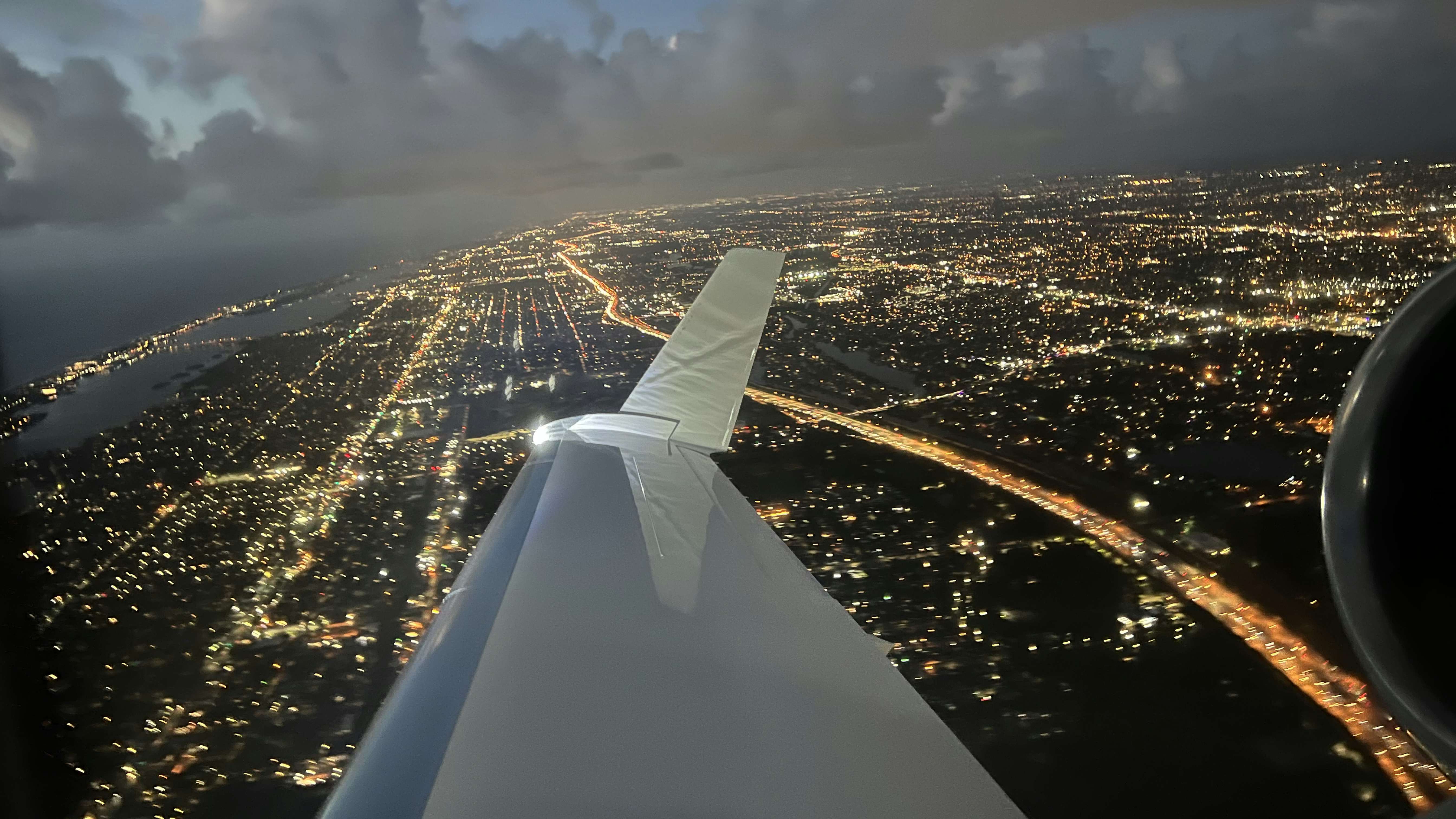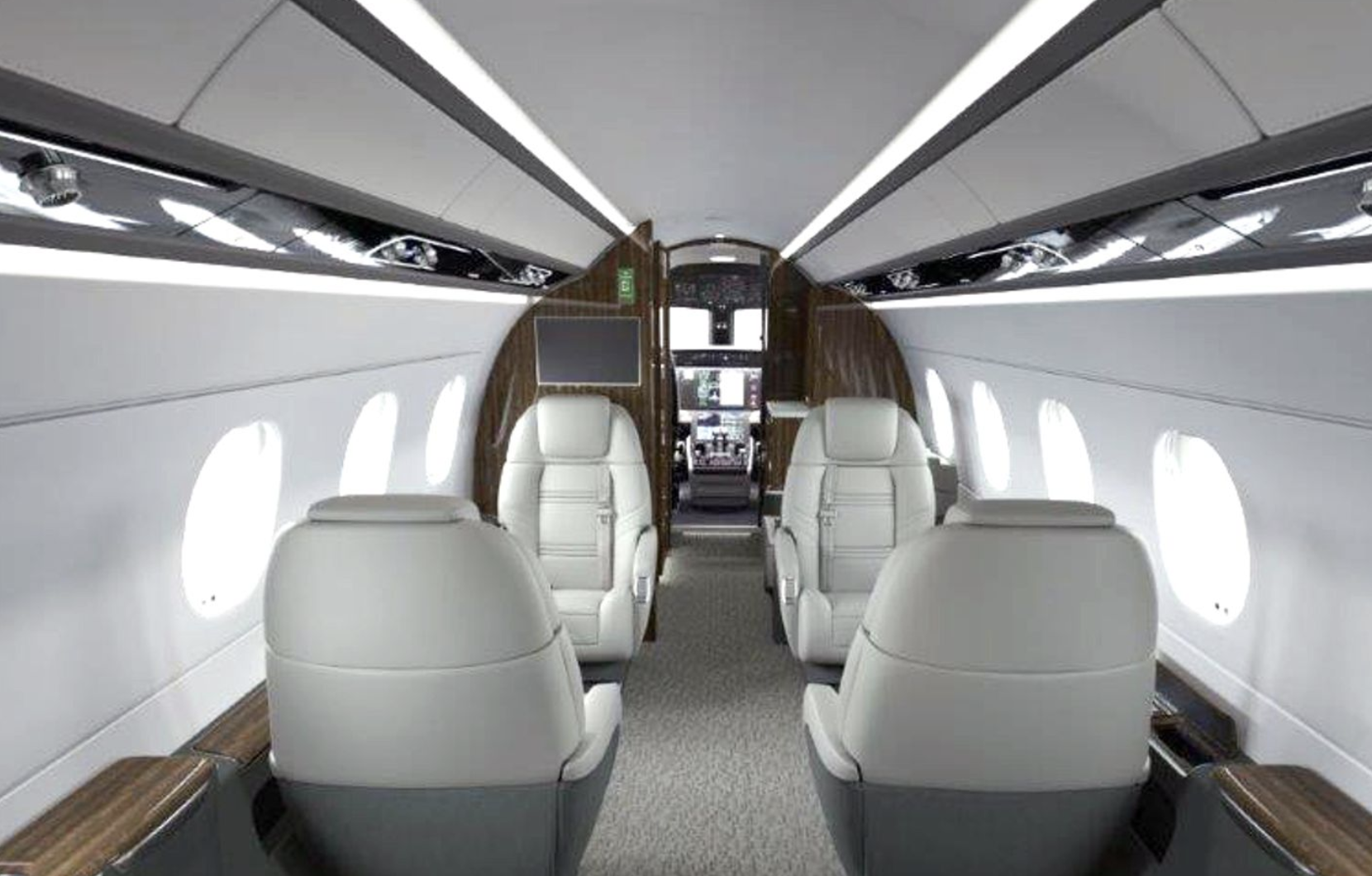JetSmarter has been named in a class action lawsuit filed June 20 in the Southern District Court of Florida. It marks yet another challenge for the Ft. Lauderdale-based private jet membership program that shot into the spotlight with flashy celebrity marketing, including a tweet from Kim Kardashian.
The lawsuit by a former employee named Grace Lamey asserts she is due unpaid overtime wages for her work that in part entailed greeting customers at FBOs. Her job title in the filing is listed as “Shuttle Experience Manager” and her claim covers from March 2016 through April 2017.
In an interview with its CEO Sergey Petrossov, he described her as a “disgruntled former employee” and said so far there are no other members of her lawsuit. (Note – July 11, 2017: Lamey contacted us to dispute the claim and provided us names of two other former JetSmarter employees who are part of her action). He also said that the company has software designed to track hours of its customer service employees, and noted the company has employees working at different times throughout the day and night. “We’re a 24/7 operation,” he said. Recently, the company changed its payroll system from twice monthly to every two weeks which may have sparked rumors that it had missed a payroll.
In some ways, it has been a year to forget for a company that is hoping it is pioneering a new model that will open private aviation to a broader audience. While private jet travel in the past has mainly been the domain of the Super Rich, CEOs and owners of significant businesses, with annual membership levels starting under $10,000 (although they now range to over $40,000) and then no cost to fly on shuttles and empty legs, research released by JetSmarter showed that its customers included college students and personal trainers to models and small business owners as well as the very rich.
In addition to shuttles and empty legs, JetSmarter acts like other third party charter brokers sourcing aircraft for customers at rates that can range to over $10,000 per hour for the entire plane. It’s the rarified air that makes private jet travel unaffordable for most of us. Petrossov says about 1,000 of its members representing the top 10% of its customers spend an average of $140,000 per year. He says the company has annual revenues of over $200 million, meaning its top customers probably represent about two-thirds of its revenues.
Earlier this year JetSmarter was the target of an in-depth story by The Verge instigated by the membership company’s alleged efforts to coerce journalists into positive coverage. The year started with its President Edward Gennady Barsky leaving JetSmarter and subsequently being arrested on charges of grand theft by embezzlement from a previous position not connected with the aviation company.
JetSmarter has been criticized on Internet chat boards like Flyertalk where customers have complained about changes in its free shuttle flights. On longer flights, lower tier members now have to pay additional fees. While some shuttle flights are added, others are discontinued and members claim there is little communication about changes.
There are also complaints about the availability of empty legs. A recent promotion targeting frequent fliers of commercial airlines giving them a three-month free trial membership was criticized. Existing members fretted the new free members would add to the demand for the shuttle flights, scheduled flights on private jets that enable members to reserve individual seats and avoid the hassles of the commercial airport experience.
Helicopter transfers from Manhattan to Westchester County Airport, where many of the shuttles depart and arrive, were initially free, and now it’s unclear what is being offered to members. JetSmarter founder and CEO Sergey Petrossov told Private Jet Card Comparisons earlier this month that pricing is now offered on a dynamic basis, however, some members have posted emails from the provider that they now have to charter an entire helicopter and then resell seats to offset the expense. They can do so with the Jetsmarter app, but it also puts them at risk for the unsold seats.
Another original benefit of membership was getting the entire plane for empty leg flights. That now apparently has changed as well, with members based on level, getting access to fewer seats and having to buy more. The empty legs, essentially ferry flights to position planes to or from their home base before or after flying revenue passengers are subject to short notice cancellation, something standard in the industry.
Earlier this month JetSmarter seemed to have trouble deciding whether or not it was accepting American Express for payments. After a back and forth email exchange, the CEO told us that they do accept Amex for certain charges, but not payments that are made for individual flights through its app.
Petrossov says the company is trying to do better with customer communications. It recently established a dedicated support team for its top tier members. He also says renewal rate is 91% and puts some of the chatter to competitors whose market he believes JetSmarter is impacting.
The company has seemingly been prolific with its fundraising, according to a press release it issued, raising $105 million last December, but others question if it has a sustainable model. Petrossov says the company was profitable in May and its shuttle operations are now profitable.
As to executive turnover, Petrossov says in a fast growing company where employment has quadrupled over the past 18 months, turnover is part of the game. He confirmed Jason Binn, a high-profile media executive who had been a consultant is no longer affiliated with the company.
Because of its high profile, a failure by JetSmarter could draw a spotlight onto the unregulated jet charter broker industry. Companies like JetSmarter don’t operate aircraft but serve as middlemen. What further complicates things is that the companies that operate private jets also charter the planes they own and manage and often act as a broker securing planes from a third party when their fleet isn’t available.
Celebrity-backed BlackJet and Beacon, two other membership models, both failed last year. Of 27 companies included in the Private Jet Card Comparisons database, less than half offer the option of having your money put into an escrow account. Jet cards typically run between $100,000 and $500,000 so there is significant money at stake when joining programs.
While Petrossov says membership fees for JetSmarter aren’t protected, and the company doesn’t offer jet card type products, he said some customers do want to put money into an account to use for future travel and JetSmarter will arrange to escrow those funds.


